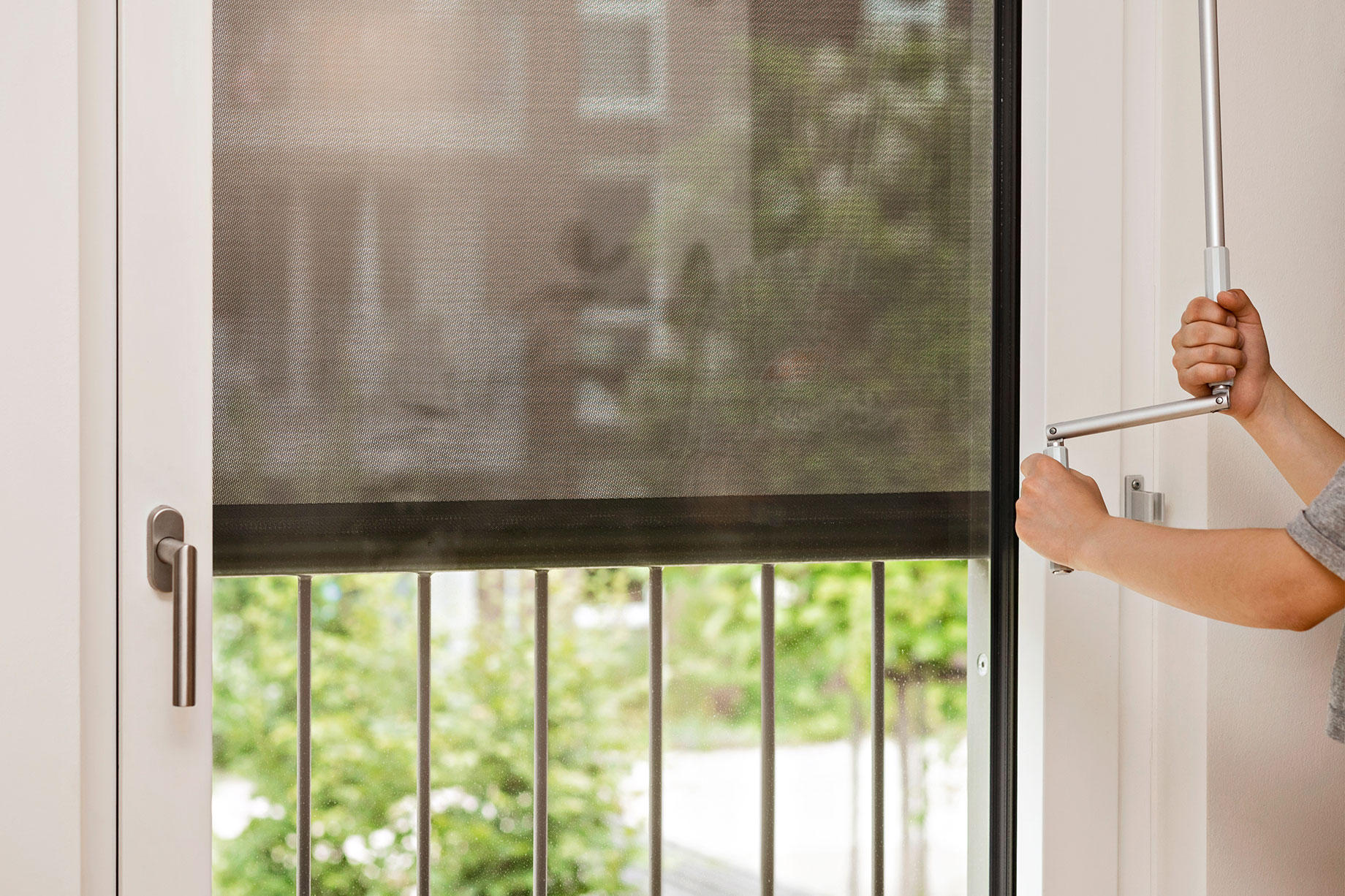
Window treatments are decorative coverings that provide privacy, light control, and can improve the overall aesthetic of your rental. Popular examples include installing blinds, curtains, drapes, and shutters, and there’s a lot more aside from selecting one for your home. A carefully selected window treatment can attract more tenants and even help you cut down long-term maintenance costs. On the other hand, poor choices can mean more frequent replacements, higher utility bills, and complaints from tenants. Read below as we’ve put together this landlord’s guide to window treatments, learn the benefits and other practical considerations.
Window Treatments: Practical Considerations for Landlords
Initial Installation Costs
Weigh the upfront cost of different window treatments before committing to one. For instance, it may be tempting to go for the cheapest option, such as blinds, which are generally more affordable. However, they’re more likely to have lower quality grades that are flimsy and break easily, which is a major concern if you expect a lot of tenant traction. Signs of wear and tear from broken blinds should not be ignored for safety reasons, especially corded blinds. That means while they may have a lower installation cost, the added expense of routine replacements can quickly add up in the long run. On the other side, higher-quality and more durable materials such as faux wood or roller shades come with a steeper initial price tag but require fewer replacements.
Maintenance and Repairs
Under most rental agreements, landlords are responsible for blinds, including installation and maintenance if needed. That means, beyond the initial costs, you also need to consider how much time and money you’ll need to spend on keeping it clean. For example, faux wood blinds and vinyl shades are pretty easy to wipe down with a damp cloth. If you’ve got curtains, you can simply toss them in your washing machine. As a rule of thumb, you want to avoid complex or delicate systems that are prone to breaking down during or require specialized and potentially costly cleaning.
Safety Considerations
Prioritize safety when selecting a window treatment, especially if you’re promoting a family-friendly rental. Some window treatments can pose a significant hazard to young children, particularly those with corded blinds or shades, which present a strangulation risk. Thus, it’s no surprise that many jurisdictions have strict regulations on providing child-safe window coverings. In other words, it’s not only essential to opt for safe window treatments, but it’s also important to comply with local safety standards. Choosing a safe design will help you protect your tenants while reducing your liability.
Benefits of Being Proactive in Window Treatments
Improved Aesthetic of the Property
High-quality window treatments significantly enhance the visual appeal of a rental property. Aesthetically pleasing window coverings, whether they are stylish blinds, elegant shades, or classic curtains, can make a space feel more polished and inviting. Besides, this improved aesthetic can attract higher-quality tenants who are more likely to care for the property and can even justify a higher rental price. A well-maintained property with thoughtful details signals a landlord’s commitment to quality, which is a major selling point in a competitive rental market.
Avoid Potential Legal Disputes
Potential legal disputes can be prevented by choosing practical window coverings. Landlords have a legal and ethical responsibility to provide a safe living environment, and that means proactively addressing potential hazards, such as the strangulation risk posed by corded blinds. By installing cordless or motorized window treatments, you not only protect your tenants but also avoid potential legal disputes and liability claims. Having a clear lease agreement that outlines tenant and landlord responsibilities for maintenance and repairs of fixtures, such as window treatments, can prevent conflicts and misunderstandings down the line.
Tenant Satisfaction
Tenant satisfaction is a key driver of a successful rental business. Happy tenants are more likely to renew their leases, treat the property with respect, and serve as positive references. Having quality window treatments that offer privacy, light control, and energy efficiency is a simple yet effective way to boost tenant satisfaction. When tenants feel comfortable and well-cared for, they are more likely to stay long-term, reducing turnover costs such as marketing, cleaning, and vacancy periods.
Conclusion
Window treatments may seem like a minor detail, but they have a major impact on rental properties. For landlords, considering practical factors such as installation costs, maintenance, and safety ensures that the coverings remain durable and compliant. Beyond functionality, being proactive in window choices improves the overall look of a property, prevents legal complications, and boosts tenant satisfaction. The right window treatments strike a balance between affordability, style, and long-term value. By making thoughtful selections from these options, landlords can protect their investment while creating a more appealing and comfortable home for tenants.